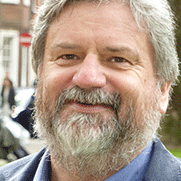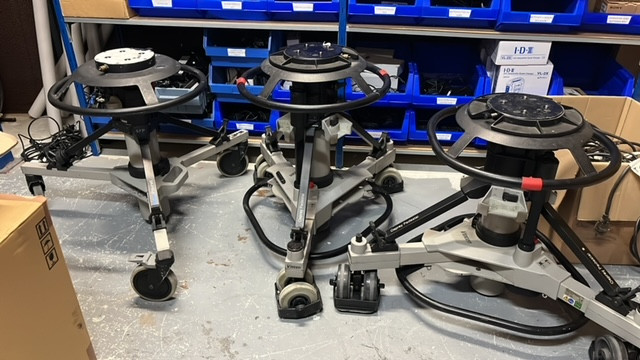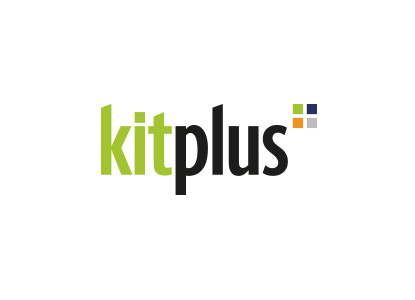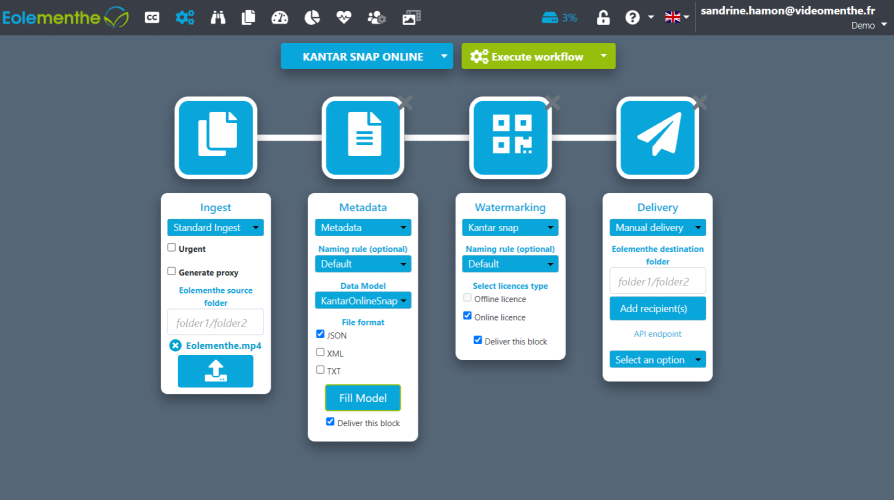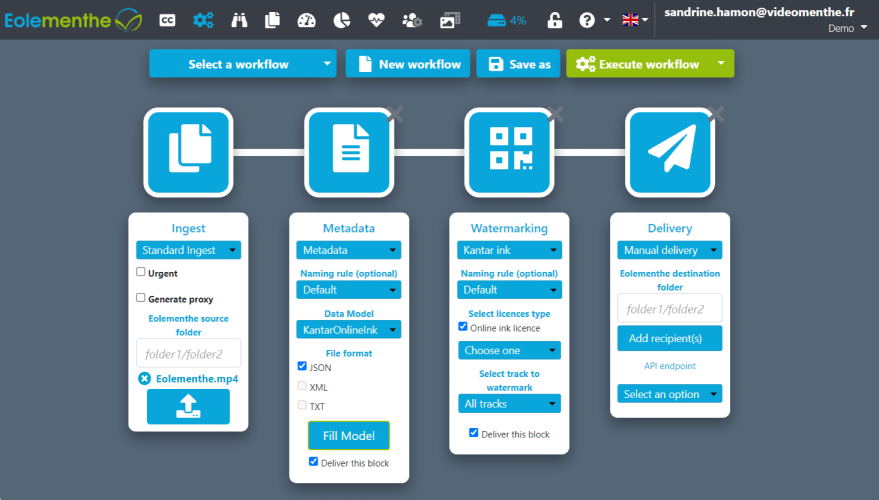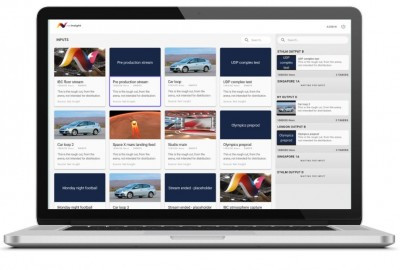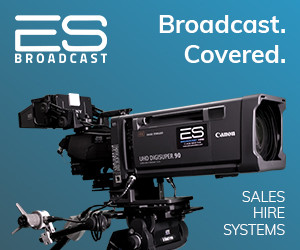by Dick Hobbs Issue 107 - November 2015
The television industry is in crisis, as we all know. Experts everywhere are telling us that consumers want content on demand, wherever they are. Online and mobile platforms will mean the end of the broadcaster and the channel as a brand.
But heres the thing. While all these experts are telling us this, consumers are not reading the memo. They are continuing to watch television as if nothing had changed.
I love a good cake, so I was glued to my television just a couple of weeks ago as the lovely Nadiyah (rightly) won Great British Bake Off. I was one of more than 15 million viewers of the show. For those who claim television is dead, note that a quarter of the total population of the UK was watching some nice people make unnecessarily elaborate cakes in a marquee.
In the same week, Strictly Come Dancing got an audience above 10 million, and Im guessing that a lot of readers of this magazine were among that 10 million, because whether or not you enjoy the camp costumes and dodgy dancing, you have to love the astonishing craftsmanship that goes into the show. A real live band, with 15 or more new arrangements a week! Remarkable camera work and live direction! I just wish they would not scrimp on the scripts and get the gormless blonde to say something coherent.
Back to the research, and according to Thinkbox total average daily viewing in the UK in 2014 was three hours, 44 minutes and 30 seconds a day. That is higher than it was 10 years ago.
In America, according to eMarketer, the 2015 figure is four hours and 35 minutes, plus another hour and 16 minutes watching video on other devices. That is five hours and 31 minutes, compared with four hours and 56 minutes in 2011.
Ah yes, I hear you say, but all this is changing. Younger viewers are more dependent upon their connected devices, and find traditional television less relevant.
Well no. UK research by IPA Touchpoint finds that television is actually the most popular medium for 16 34s, representing 41% of their chosen media time, with its reach and cultural influence undiminished you only have to read what they comment about on social media.
The next argument is that television as we used to know it is doomed, because its commercial business model is failing. No-one watches the adverts any more: we all scroll through them because we are watching from our Sky+ box (other digital delivery platforms and personal recorders are available).
And yet advertisers do not think so. Total advertising revenue for television in the UK increased by 6% in 2014, to a record high of £4.91 billion. That was the fifth consecutive year that television advertising revenues have grown in the UK and we can all remember what economic life was like back in 2008 and 2009.
800 new companies or companies that had not used television advertising for at least five years started on-screen campaigns last year. I find that statistic as staggering as any.
Of the three and three quarter hours that Brits watched television a day, 65.8% was on commercial channels. That equates to 45 ads a day seven more than 10 years ago. Among the 16 34s the proportion of commercial channels watched was 74.8%, which suggests they are seeing a lot of adverts. And the BBC needs to reposition some of its programming.
Advertisers continue to trust television despite its limitations, and despite a proliferation of digital alternatives, said Paul Verna, senior analyst at eMarketer. The resilience of television comes partly from inertia, but also from marketers concerns that digital video ads are not always viewable or watched to completion. Until the digital advertising industry overcomes these hurdles, dollars will continue to flow disproportionately to television.
He backs this up with data. In 2015, 40.2% of US advertising spending is on television, with just 4.4% going to digital media. In the UK, one of the biggest growing sectors booking advertising was online services. According to Nielsen, in 2014 Amazon and Google each spent £10.5 million on UK television advertising, and Netflix which some would argue is out to kill broadcast television spent £8.5 million.
One of the surprisingly interesting conference sessions at IBC was an interview with Lord Dobbs, who as Michael Dobbs wrote the original novel House of Cards and subsequently adapted it, first as the classic BBC series then as a blockbuster Netflix project directed by David Fincher and starring Kevin Spacey.
He is now working regularly as an executive producer at Netflix, and eloquently made the point that this is a golden age of television. Hollywood names want to work in television: not just Fincher and Spacey apparently Woody Allen, no less, has been signed up to create a series for Netflix. According to Dobbs, what is driving television forward is a desire for quality.
And that has to be a good thing. Especially for those working on the successors to good programming, to follow Downton Abbey and Doctor Foster and Great British Bake Off. Long may content be king.



